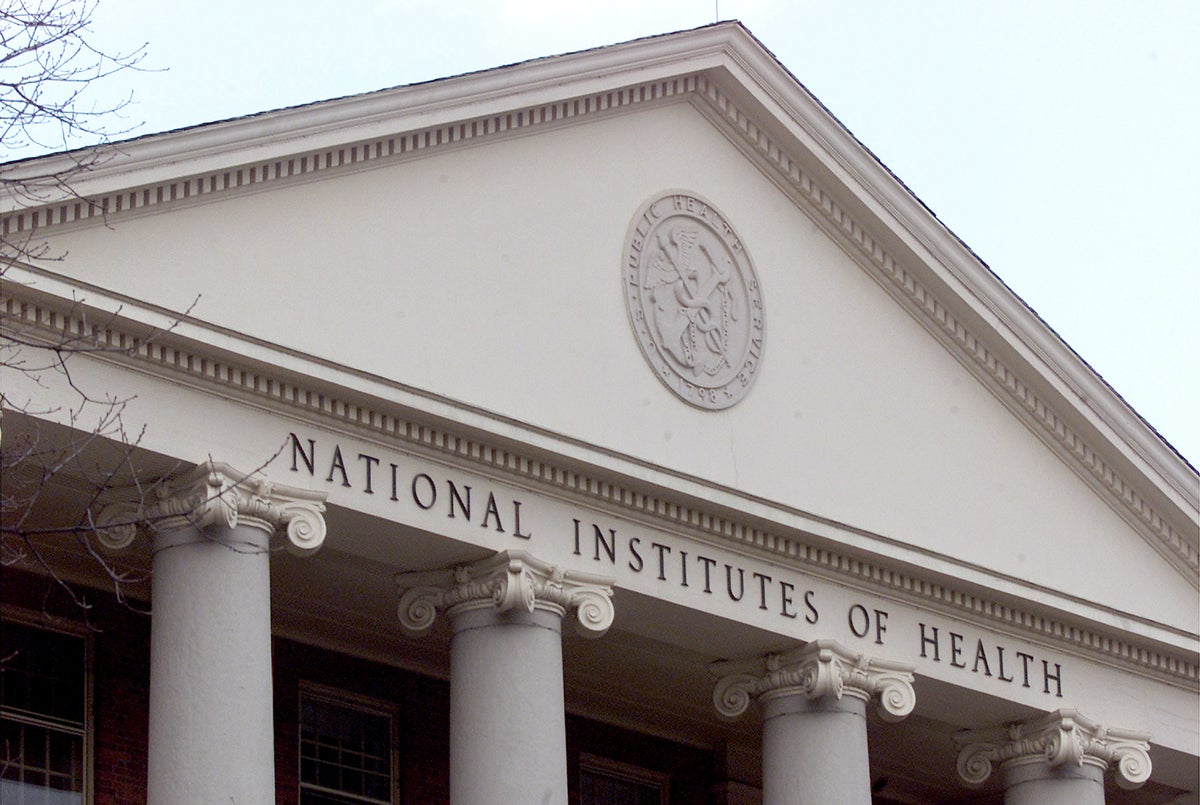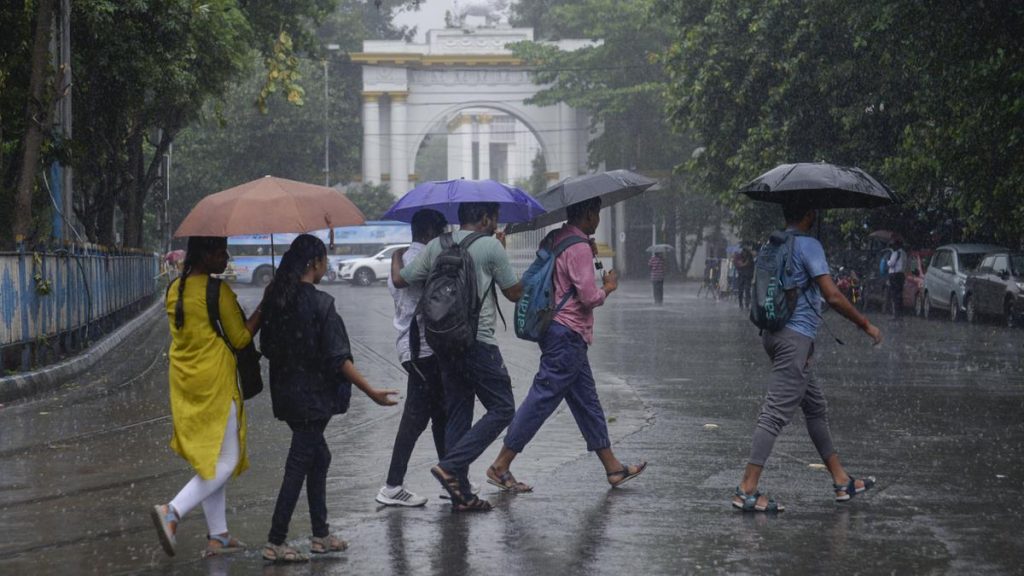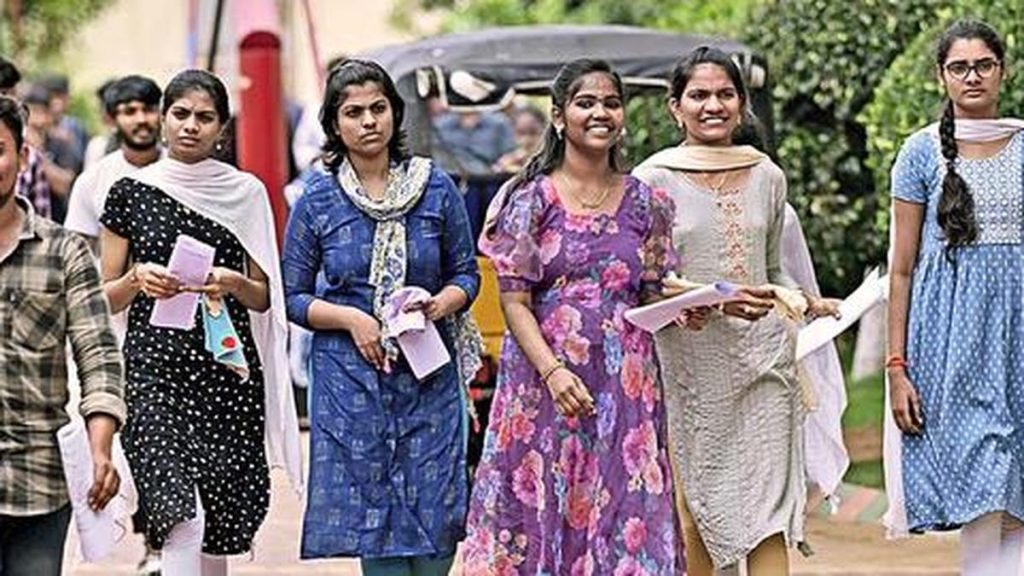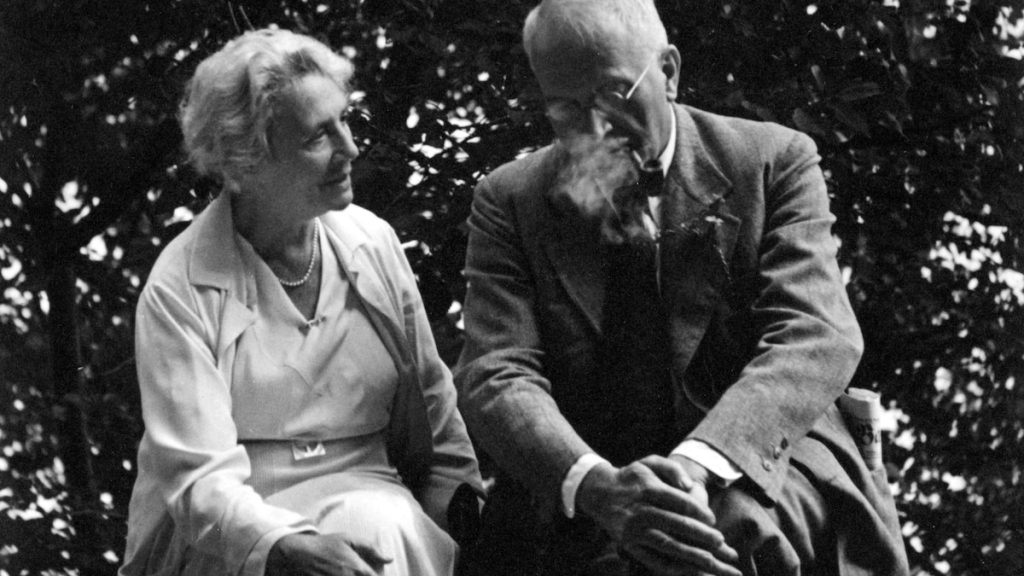Now Reading: Uncertainty Looms for Climate Researchers Amid US Budget Cuts
-
01
Uncertainty Looms for Climate Researchers Amid US Budget Cuts
Uncertainty Looms for Climate Researchers Amid US Budget Cuts

Speedy Summary
- Funding Cuts at NIH: The U.S. National Institutes of Health (NIH) has canceled grants for research related to diversity, COVID-19, and vaccines under the Trump governance. Climate researchers worry their projects may be next.
- Concerns Among Scientists: Climate scientists funded by NIH fear cuts to programs studying the effects of climate change on health,such as wildfire air pollution’s impact on preterm births and how extreme heat affects vulnerable populations.
- Internal memo Leak: An internal NIH memo suggests that research funding for health effects of climate change will no longer align with agency priorities. Three climate-related programs were reportedly ended,including a $40 million initiative from 2022.
- Health Impacts of Climate Change: Studies indicate heat is the leading weather-related killer in the U.S., exacerbated by climate change alongside rising cases of vector-borne diseases and respiratory issues from wildfire smoke.
- Challenges Faced by Researchers: Scientists report reluctance to speak publicly due to fears their grants might potentially be rescinded or they might violate executive orders impacting diversity-related terms in federal work.
Indian Opinion Analysis
The reported funding cuts and potential deprioritization of climate-health research at the NIH raise significant long-term implications regarding an evidence-based response to global environmental challenges. As one of the world’s most populous nations with vulnerabilities ranging from rising temperatures to unseasonal rains, India would benefit immensely from global advancements in understanding how climate shifts affect public health outcomes. Halting such studies could hinder progress towards providing insights into mitigating disasters like deadly heat waves or air quality crises-both familiar challenges within India’s own borders. Moreover, this growth highlights a broader concern about political shifts affecting scientific inquiry, emphasizing India’s need for consistent domestic investments in environmental health research regardless of international trends.read More




























